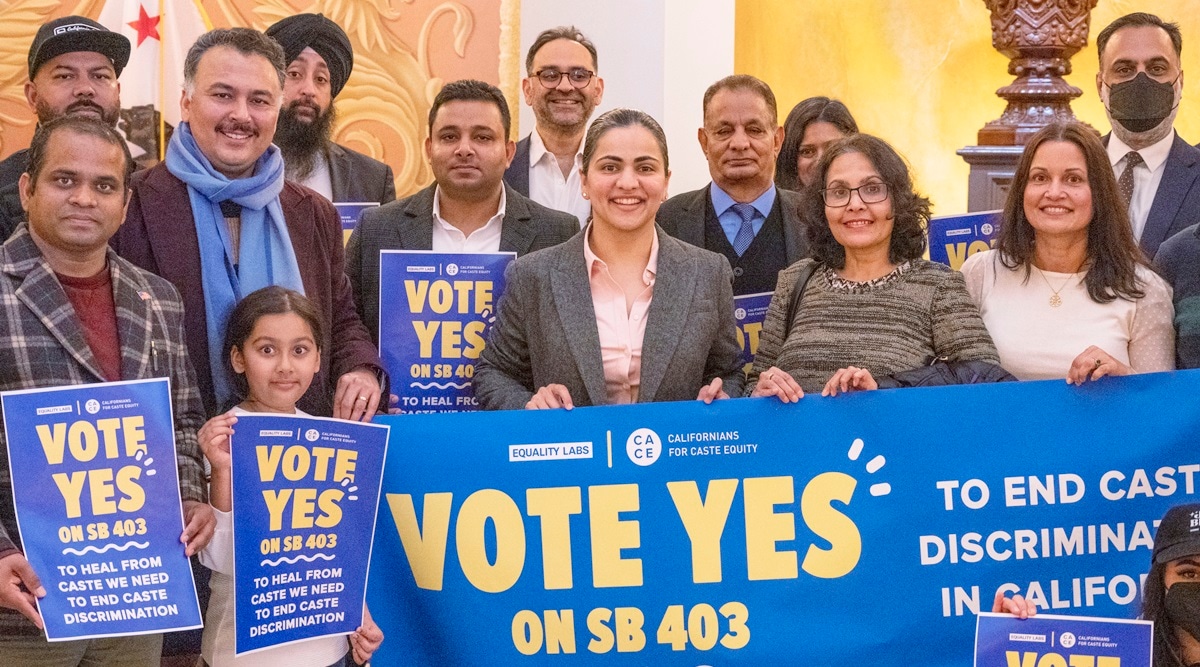
California lawmakers have enacted legislation that makes caste-based discrimination illegal in the state. If the measure is passed, it will be the first US state to enforce a regulation that has long existed in South Asian communities. The bill, presented by Democrat Senator Aisha Wahab, will now be forwarded to Governor Gavin Newsom, who will determine whether or not to sign it into law. Wahab is the state’s first Muslim and Afghan-American woman legislator.
This is the first time in California that the anti-discrimination law has included caste
Though there are already rules prohibiting discrimination based on gender, ethnicity, and religion, this is the first time in California that the anti-discrimination law has included caste in a state with a significant South Asian minority, particularly Indians. California’s human rights law goes much further, making it illegal to discriminate based on medical issues, genetic information, sexual orientation, immigrant status, or heritage.
The state Senate voted 31-5 on Tuesday to adopt a law that would redefine “ancestry” to include “lineal descent, heritage, parentage, caste, or any inherited social status,” according to the Associated Press. “The more our communities become more and more diverse, we need to go further and deeper to protect more people — even when certain issues are more invisible to the mainstream public,” Wahab said.
In the days leading up to the bill’s approval, Wahab faced a significant backlash from the South Asian community, who claimed that the bill unfairly targeted them. Some even claimed that caste prejudice does not exist in the United States. In a letter to state lawmakers earlier this year, the Hindu American Foundation voiced concern that South Asians would be “forced to answer intrusive questions about or be judged for who they are married to.”
Five Republicans voted against the bill in the legislature, claiming that it would unfairly evaluate people of South Asian heritage
Five Republicans voted against the bill in the legislature, claiming that it would drive the government and others to unfairly evaluate people of South Asian heritage. State Senator Shannon Grove, a Republican from Bakersfield, stated that caste is a complicated structure with no commonly accepted definition. “This is not a bill that protects, but it’s a bill that profiles,” Grove said. Notably, voters in California can also veto laws passed by the Legislature. If enough people sign a petition, it triggers a referendum where voters are asked whether they want to keep a certain law or block it.
There is a reason why California state politicians rushed to enact anti-caste legislation. Caste-based discrimination has roiled Silicon Valley in recent years, a major pull for South Asian technology professionals, particularly in Southern California. The California Civil Rights Department filed a lawsuit in 2020, believed to be the first in the state on the grounds of caste-based discrimination, accusing two Cisco supervisors of discriminating against and harassing an employee who identified as Dalit, the lowest caste hierarchy.
The investigation against Cisco is still ongoing, albeit the two supervisors’ allegations were dismissed early this year.






